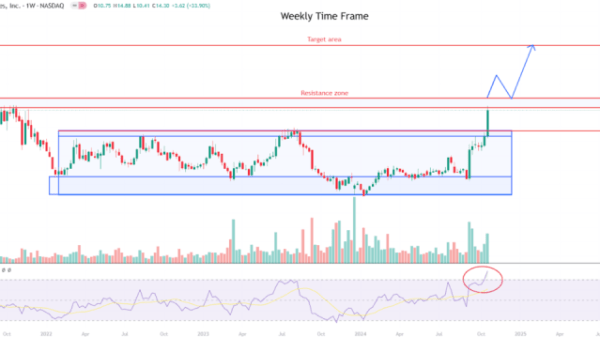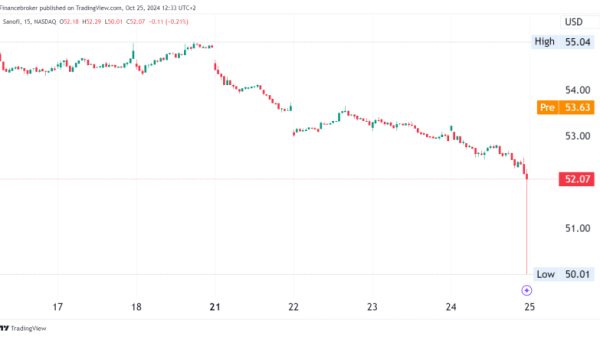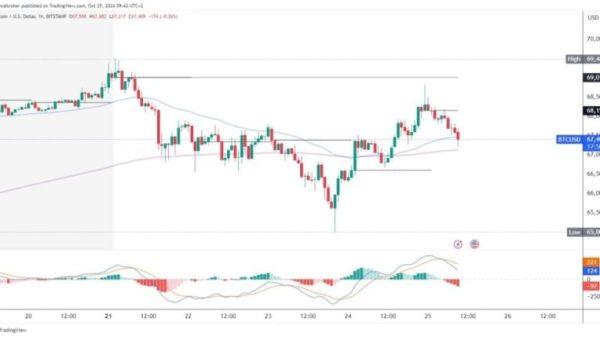By Greg Bensinger
(Reuters) -One of Amazon (NASDAQ:AMZN)’s top executives defended the new, controversial 5-day-per-week in-office policy on Thursday, saying those who do not support it can leave for another company. Speaking at an all-hands meeting for AWS, unit CEO Matt Garman said nine out of 10 workers he has spoken with support the new policy, which takes effect in January, according to a transcript reviewed by Reuters.
Those who do not wish to comply can quit, he indicated.
“If there are people who just don’t work well in that environment and don’t want to, that’s okay, there are other companies around,” said Garman. “When we want to really, really innovate on interesting products, I have not seen an ability for us to do that when we’re not in-person.”
The policy has upset many of Amazon’s employees who say it wastes time with commuting and the benefits of working from the office are not supported by independent data.
Amazon has been enforcing a three-day in-office policy, but CEO Andy Jassy said last month the retailer would move to five days to “invent, collaborate and be connected.”
Some employees who had not been previously compliant were told they were “voluntarily resigning” and were locked out of company systems.
Amazon, the world’s second-largest private employer behind Walmart (NYSE:WMT), has taken a harder line on returning to office than many of its technology peers such as Google (NASDAQ:GOOGL), Meta (NASDAQ:META) and Microsoft (NASDAQ:MSFT) who have two- to three-day in-office policies.
“I’m actually quite excited about this change,” said Garman. “I know not everyone is,” he said, noting it’s too hard to accomplish the company’s goals with only the mandatory current three days of in-office work.
An Amazon spokesperson declined to comment.
Garman said under the three-day policy, “we didn’t really accomplish anything, like we didn’t get to work together and learn from each other.”
In particular, Garman said the company’s leadership principles, which dictate how Amazon ought to operate, were too difficult to adhere to under the current policy.
“You can’t internalize them by reading them on the website, you really have to experience them day-to-day,” he said.
One, “disagree and commit” — which is understood to mean that employees can express grievances but then should dive into a project as outlined by leaders — is not ideal for remote work, Garman said.
“I don’t know if you guys have tried to disagree via a Chime call,” he said, referring to the company’s internal messaging and calling function. “It’s very hard.”



































